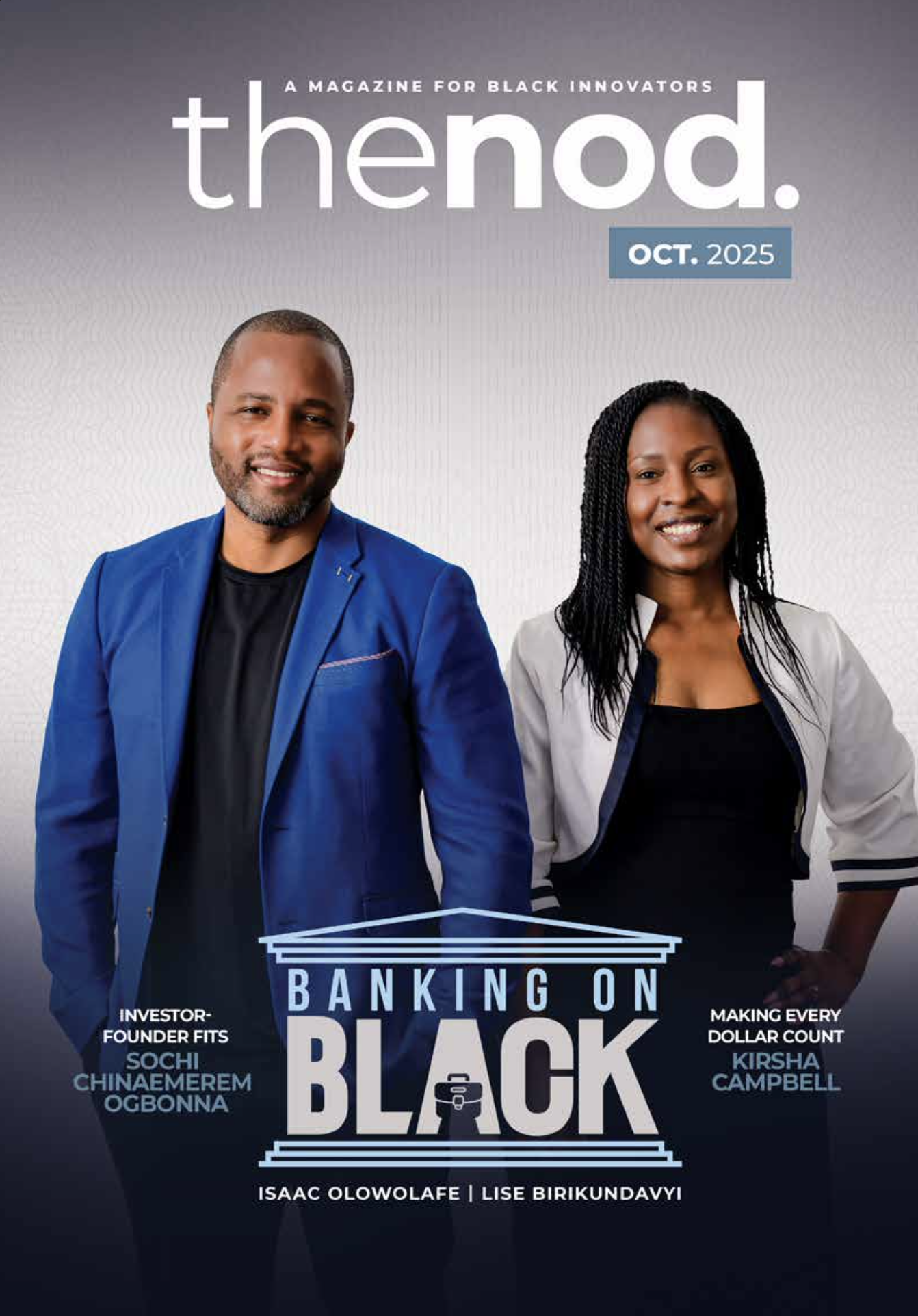Government programs often come with a lot of paperwork and bureaucracy, making them seem daunting. However, these programs can be incredibly beneficial, especially for underrepresented communities. The key is understanding how to navigate the system and utilize available resources.
Real-Life Impact: Transforming Lives
Government support can be a game-changer. For instance, our non-profit organization, Africa Centre, receives vital support from all three levels of government, enabling us to offer youth programs that provide mentoring and leadership opportunities for the African descent community in western Canada. These programs help young people develop essential skills, which they then use to give back to their communities. Many participants go on to hold strategic government positions or thrive in the private sector. This success story illustrates the tangible benefits of government programs and dispels the myth that these programs are too complicated to be effective.
Eligibility Check: Understanding Who The Programs Are For
Government programs come with specific eligibility criteria, which can vary. For individuals, criteria often include immigration status, income level, or specific demographic factors like being a minority. For non-profit organizations, requirements typically involve having a registered not-for-profit or charitable status and filing regular income tax returns. While these criteria ensure transparency and accountability, they can exclude some community-based organizations with excellent initiatives without the capacity to navigate the bureaucracy. This is where intermediaries like the Africa Centre step in, helping these organizations and individuals overcome barriers to funding.
The Federal government has recognized the need to support minority-owned businesses through initiatives like the Black Entrepreneurship Program. This program provides business training, capacity support, and startup financing through a national Black loan fund managed by the Federation of African Canadian Economics (FACE). These resources are crucial for addressing existing gaps and ensuring that minority entrepreneurs have access to capital, mentorship, and specialized training. These programs help foster a more equitable future by levelling the playing field.
Don’t Go It Alone: Advocacy and Support
Navigating government programs can be challenging, but you don’t have to do it alone. Organizations like the Africa Centre advocate for equitable access to resources and opportunities for the African descent population. They engage with public officials to push for policy changes and secure funding for programs that meet the community’s needs. This advocacy ensures that racialized minorities can access public resources equally. Additionally, community centres, legal aid services, and other organizations are dedicated to helping individuals successfully apply for government programs.
Government funding trends are evolving to support underrepresented communities better. There is an increasing focus on allocating specific funds for minority groups, including women, youth, seniors, and BIPOC communities. However, the challenge remains to ensure that the funding matches these groups’ population sizes and needs. Advocacy efforts aim to address these disparities, pushing for a fair distribution of resources that reflects the unique challenges faced by communities of African descent.
Success Stories That Inspire
Success stories regarding individuals who have benefited from government support are prevalent. For example, one young entrepreneur received a grant that enabled her to start a small business, which has since grown into a thriving enterprise. Another student secured a scholarship that allowed him to pursue higher education and eventually land a high-paying job in his field. These situations highlight the real-world impact of government programs and encourage others to take advantage of the opportunities available.
Government programs, despite their complexities, offer invaluable support to underrepresented communities. By understanding eligibility criteria, seeking support, and staying informed about emerging trends, individuals and organizations can effectively navigate these programs to achieve their goals. Whether it’s starting a business, obtaining an education, or building financial stability, the resources are there—it’s just a matter of tapping into them.













